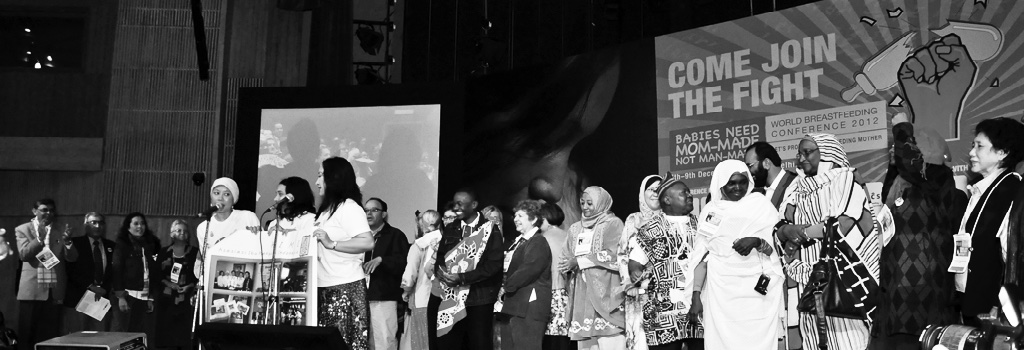
The hours of women’s lives spent “grinding, chopping, and cooking,” as Rachel Laudan put it recently, add up to servitude for those like her mother who prepared “homecooked breakfast, dinner, and tea for eight to ten people three hundred and sixty-five days a year.”
But food companies solved that problem for us, right? They made our lives easier. They squeezed the sweet syrup right out of the corn and baked it into our bread for us. They went to the lab and found the chemicals that make food last longer on our shelves. They even determined the precise combinations of salt, fat, and sugar that make food taste good, helping us keep our kids fed. No more scurvy, no more rickets. No more weeks upon weeks of potatoes and tea at every meal. Instead: variety! deliciousness! ease! availability! Or in other words, “food products.”
There’s no doubt that industrial food has changed the ways of life of people around the world. Food companies’ solution to a previous problem, though, has created its own set of new problems. Poor working conditions, environmental degradation, and obesity are just a few.
And now, even though there is almost universal agreement that processed food is not good for the bodies that eat it or the bodies that produce it, food companies are doubling down. They don’t want to bow out gracefully, as in, “It’s been a nice run, y’all! Thanks for all the money!” Instead, they want more involvement in our foodways.
The kind of involvement they are vigorously pursuing right now are public-private partnerships. These partnerships are beneficial, food companies say, because they allow them to “work together” with the state toward their “common goals.” Public-private partnerships with food companies have been embraced in the United States in the form of associations like the Partnership for a Healthier America and the Alliance for a Healthier Generation. The United Nations, too, has declared that a spirit of cooperation with the private sector is good for everybody.
Now the World Health Organization (WHO) is debating a new Framework of Engagement with Non-State Actors (FENSA). In English, this means they’re trying to determine how much influence for-profit corporations should have in WHO policy-making. Organizations like the International Baby Food Action Network (IBFAN), along with nearly two dozen others, want a strict barrier between companies and the WHO. “Proposals for ‘multi-stakeholder partnerships,’” they say, “would designate junk food manufacturers as partners in the task of addressing obesity, heart disease and stroke.” They don’t want the fox guarding the hen house.
WHO member states should stand firm on FENSA, resisting corporate efforts to set their own terms and escape regulation. While industrial food may have made some women’s lives easier, it has exacerbated inequalities for those who produce it and resulted in high rates of life-threatening health conditions for those who have little choice but to consume it. More corporate involvement will result in less regulation, fewer safeguards, and an expansion of an industry that should be contained and fundamentally reformed.
To express your support for keeping food companies out of WHO policy-making, you can contact the IBFAN here.
(Photo Credit: IBFAN.org) (Video Credit: NPR / CBS / AP)